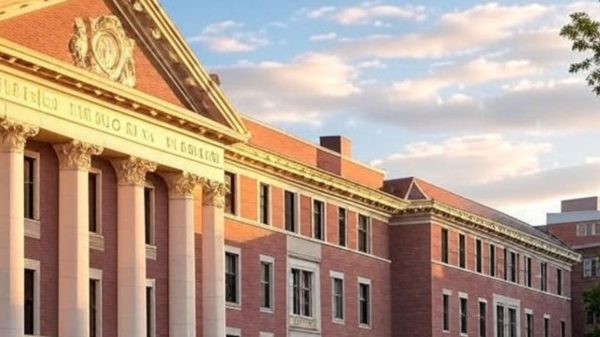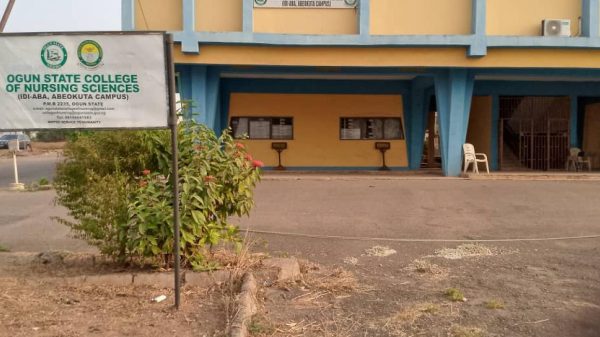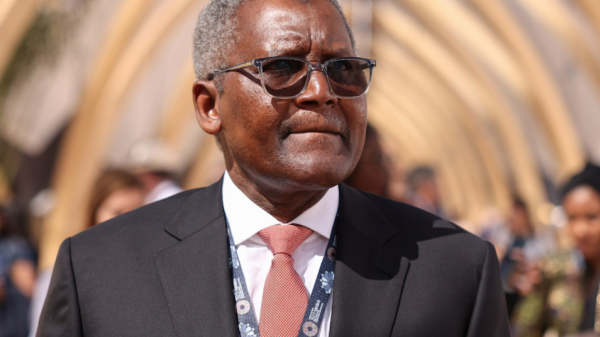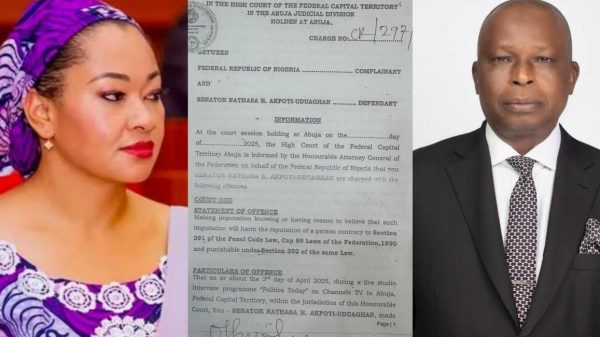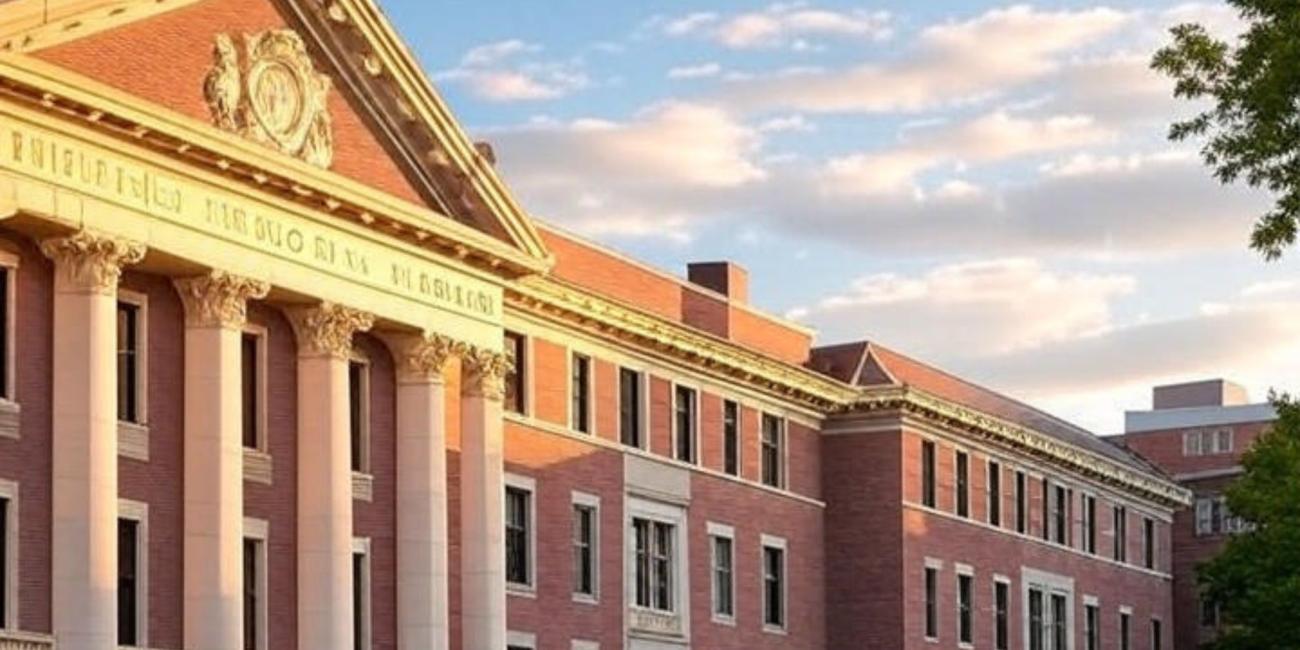A federal judge in Boston has issued a temporary restraining order blocking the Trump administration from revoking Harvard University’s ability to enroll foreign students, after the prestigious institution filed an urgent complaint on Friday, May 23, 2025.
The decision came just hours after Harvard called the government’s move a “blatant violation” of the U.S. Constitution and federal law. In its filing, the 389-year-old university warned the policy would have an “immediate and devastating effect” on both the institution and the over 7,000 international students it serves.
“With the stroke of a pen, the government has sought to erase a quarter of Harvard’s student body — international students who contribute significantly to the University and its mission,” the university said in the court documents. “Without its international students, Harvard is not Harvard.”
Judge Burroughs Intervenes
U.S. District Judge Allison Burroughs, an Obama appointee, granted the temporary restraining order, effectively pausing the administration’s policy as legal proceedings unfold. The ruling ensures that foreign students can continue to study at Harvard while the case is under review.
The Trump administration has not issued a formal comment on the ruling as of press time.
This legal clash comes amid a series of efforts by former President Donald Trump to reshape higher education, the judiciary, and media institutions to align more closely with his agenda.
Critics have pointed to recent actions including attempts to deport foreign students involved in peaceful pro-Palestinian protests, public threats against law firms employing attorneys who challenge him, and even suggestions to impeach judges issuing immigration rulings he opposes.
In response, a number of institutions have pushed back, including Harvard — which has previously sued the administration to recover roughly $3 billion in frozen federal grants.
Legal powerhouses such as WilmerHale and Susman Godfrey have also taken the administration to court, while U.S. Chief Justice John Roberts has defended judicial independence, stating that impeaching judges for their rulings is “not an appropriate response.”
Friday’s ruling marks a significant win for academic freedom and the rights of international students. Legal analysts say the case could set a precedent for how far a U.S. president can go in influencing university admissions and visa policies.
With global education and immigration under increased scrutiny, Harvard’s case stands as a critical moment in the battle between federal executive power and institutional autonomy.
As proceedings continue, students and educators nationwide await the court’s final decision, with the hope that America’s long-standing reputation as a destination for academic excellence remains intact — for citizens and international scholars alike.


